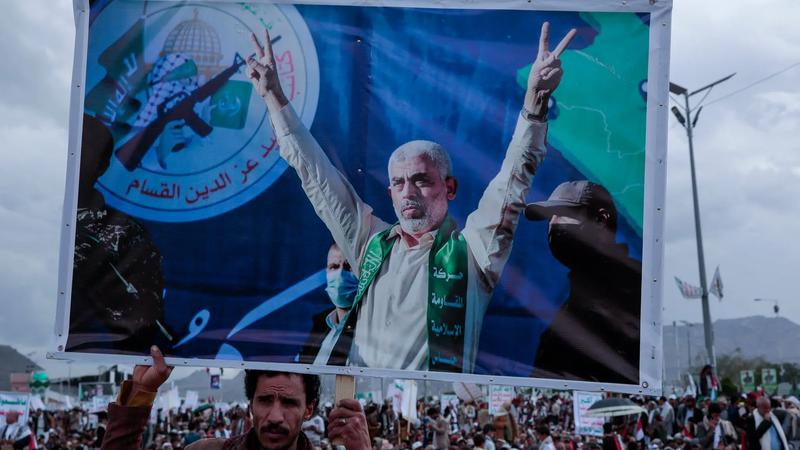Published 20:37 IST, October 17th 2024
Explained: Who is Yahya Sinwar?
He was imprisoned in 1988 for the murder of four Palestinians accused of apostasy and collaboration with Israel.

Yahya Sinwar, the leader of Hamas, has long been one of the most influential figures within the terrorist group, known for his ability to wield significant power while remaining largely concealed within the tunnels of Gaza. As the Israeli military investigates reports of his possible death as a result of an IDF operation, many are left to ponder the implications of his elimination on the ongoing violence and the broader peace efforts in the region.
A brief biography
Born in 1962 in Gaza, Sinwar grew up in the shadow of displacement, as his family was among the hundreds of thousands of Palestinian Arabs who fled during the wars surrounding the establishment of Israel. This background influenced his decision to join Hamas in the 1980s. He quickly rose through the ranks, becoming the chief of an internal security unit called Al Majd, where he was tasked with identifying and punishing individuals he deemed to be violating Islamic laws or collaborating with Israeli authorities.
A dark past
Sinwar's past is marked by violence; he was imprisoned in 1988 for the murder of four Palestinians accused of apostasy and collaboration with Israel. During his more than two decades in prison, he not only learned Hebrew but also delved deep into Israeli culture, translating contraband texts that detailed the workings of Israel's internal security apparatus, Shin Bet. According to Yuval Bitton, an Israeli dentist who treated him while incarcerated, cited in a New York Times report, Sinwar shared his translations with fellow inmates, demonstrating his commitment to studying Israel’s counterterrorism tactics.
While in prison, Sinwar also reportedly authored a novel titled “The Thorn and the Carnation,” which tells the story of a Gazan boy’s coming of age under Israeli ‘occupation’.
Leadership role
After his release release from prison in a 2011 prisoner exchange, he quickly ascended the ranks of Hamas, consolidating his power. He played a key role in planning the October 7th attack on Israel. He was appointed to lead the group’s political office in August. This appointment followed the assassination of Hamas's political chief, Ismail Haniyeh, further solidifying Sinwar’s influence over both military and political strategies.
Under Sinwar's leadership, Hamas has engaged in a strategy characterized by its hard-line stance against Israel, demonstrating an unwillingness to compromise during prolonged negotiations for a truce. Intelligence assessments from both Israeli and U.S. sources suggest that Sinwar’s aim is to prolong the conflict to erode Israel’s international reputation and damage its relationship with the United States.
Implications of his possible death
Should reports of Sinwar's death be confirmed, it could significantly alter the landscape of the conflict. While it might raise hopes for a resolution, the power vacuum left in his absence could also lead to a leadership struggle within Hamas. Some analysts suggest that his death could prompt the group to reconsider its hardline approach, possibly leading to a willingness to engage in negotiations with Israel.
Updated 20:37 IST, October 17th 2024




